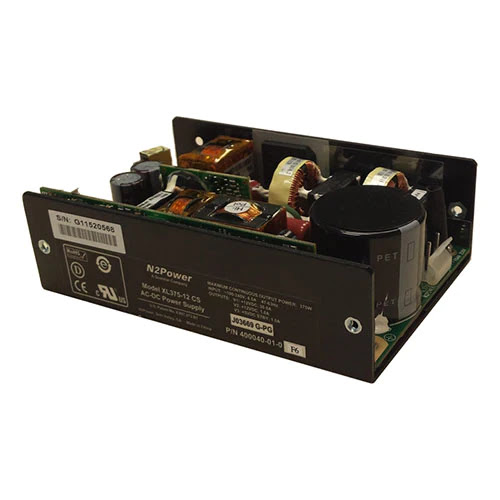Comparing Linear and Switching DC-DC Power Converters: Pros and Cons

In the realm of DC-DC power converters, two predominant types stand out: linear and switching converters. Each type offers distinct advantages and limitations, making them suitable for various applications depending on specific needs such as efficiency, size, and noise sensitivity. This blog post explores the pros and cons of linear and switching DC-DC power converters to help engineers and designers make informed decisions. Linear DC-DC Converters Pros: Simplicity and Cost-effectiveness: Linear converters have a simpler design with fewer components, making them easier to implement and generally less expensive than their switching counterparts. Low Noise Output: They provide an excellent solution for noise-sensitive applications like audio and radio-frequency systems because they produce very little electromagnetic interference and output ripple. Fast Response Time : Linear converters offer a quick transient response, beneficial in applications where load conditions change rapidly. C...


